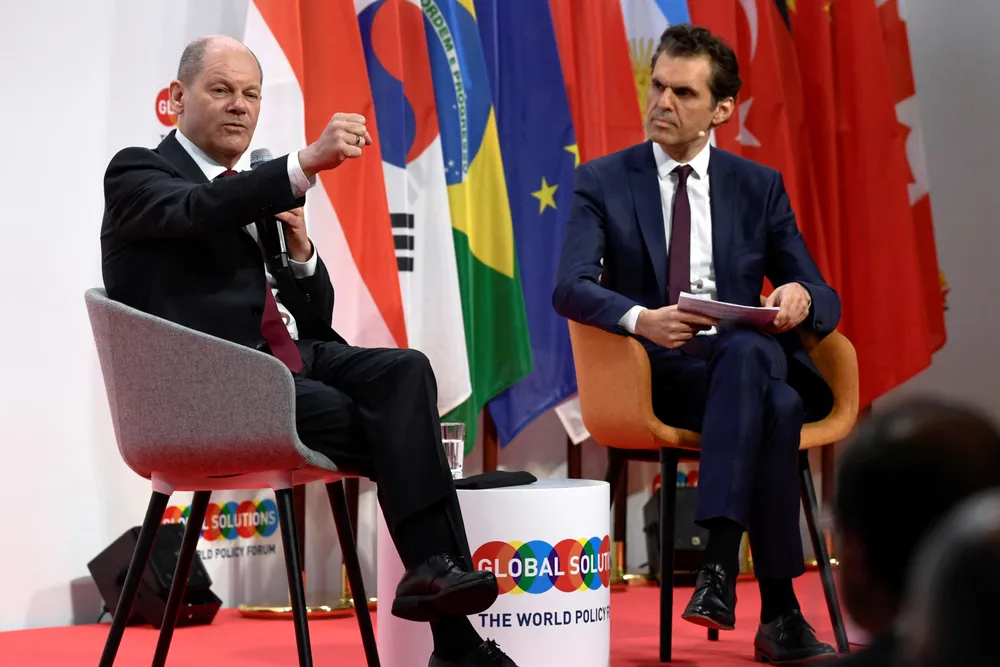Germany triggers early warning phase of emergency plan on concerns about Russian gas supply
Russia threatens to halt pipeline gas exports to Europe if demand for ruble payments is not met, despite risk to Gazprom

Russia threatens to halt pipeline gas exports to Europe if demand for ruble payments is not met, despite risk to Gazprom
